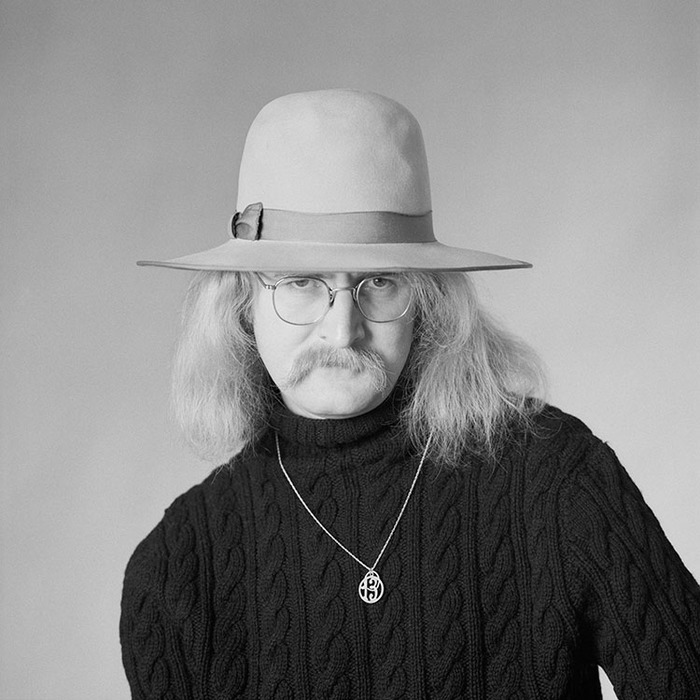If I were to live my life
in catfish forms
in scaffolds of skin and whiskers
at the bottom of a pond
and you were to come by
one evening
when the moon was shining
down into my dark home
and stand there at the edge
of my affection
and think, "It's beautiful
here by this pond. I wish
somebody loved me,"
I'd love you and be your catfish
friend and drive such lonely
thoughts from your mind
and suddenly you would be
at peace,
and ask yourself, "I wonder
if there are any catfish
in this pond? It seems like
a perfect place for them."
Published:
1989
Length:
Regular
Literary Movements:
Children's
Anthology Years:
2022
Themes:
Friendship
Love & Relationships
Nature
Literary Devices:
Dialogue
conversation between two or more people as a feature of a book, play, or movie
Imagery
visually descriptive or figurative language, especially in a literary work
Metaphor
a comparison between two unrelated things through a shared characteristic
Rhetorical Question
a question asked for effect, not necessarily to be answered
Sensory Detail
words used to invoke the five senses (vision, hearing, taste, touch, smell)

